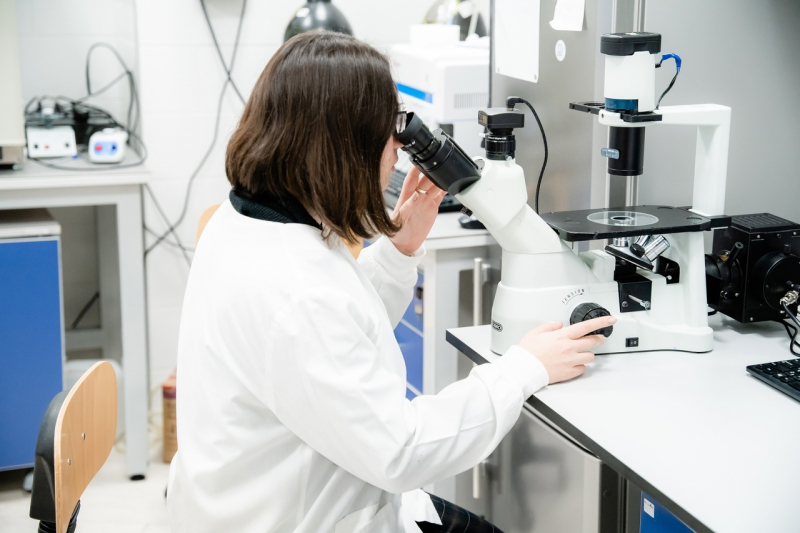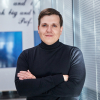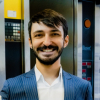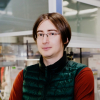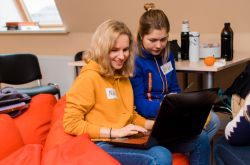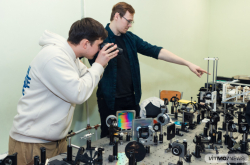This summer, ITMO University will welcome the first students of the new Master's program in Applied Genomics. Over two years, they will learn how to work in a laboratory, process the obtained data with complex computer algorithms, as well as create these algorithms themselves. Students will be able to apply this knowledge when developing and designing new treatments and diagnostic systems, and creating new technologies.
“Our program is unique because it brings together the so-called wet biology (that requires working in a lab and involves solutions and experiments – Ed.), programming, and solving applied problems based on genetic data. Students will analyze the data they themselves acquired in the wet laboratory,” explains Aleksey Komissarov, one of the organizers of the program and a leading researcher at ITMO’s SCAMT Institute. “To put it simply, we aim at training full-stack specialists in genomics – just like full-stack programmers. Our graduates will understand the whole chain: from acquiring and sequencing DNA to coding and data analysis.”
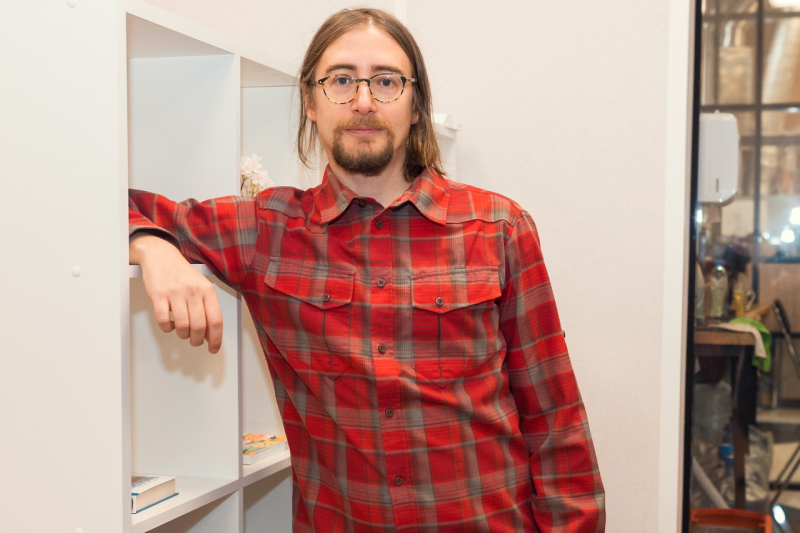
Content of the program
The lecturers will talk about working with living organisms, molecular biology, and extracting DNA from various plant and animal tissues. They will also explain how to plan your experiment in such a way that you can then correctly analyze the acquired data. At the same time, students will work with programs for processing genomic data. However, they will not only get to know ready-made solutions, but also learn how to code their own programs.
“Students will learn programming by solving real problems as part of their research projects, and we will immerse them in the language environment of programming. In their training, they will use various software and they will also learn to read code and write it themselves. After all, mindlessly launching other people's programs often leads to errors that students can't even identify,” continues Aleksey Komissarov.
It is planned that students’ graduation projects will revolve around the ways to apply the genomic data in various fields of the industry.
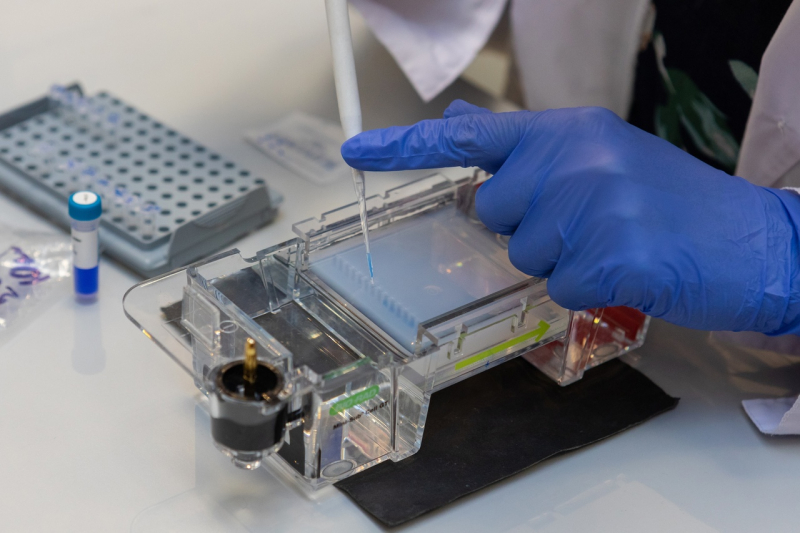
Entry requirements
Organizers of the program don’t expect their students to have extensive background in maths, genomics, biology, or programming right from the get-go. That’s how the new program is different from others that have to do with bioinformatics.
"The idea behind this Master's program appeared when students with no experience in bioinformatics joined my research group," says Aleksey Komissarov. "It turned out that the key factor in their training was their motivation. They didn't need a background in maths or any experience in programming. I have an employee who came to genomics from botany, she did not remember higher mathematics, and did not know how to write code – now she has three articles in Q1 journals. That's why all we ask from our applicants is to have no fear of computers, maths, or biology. We'll teach them everything else."
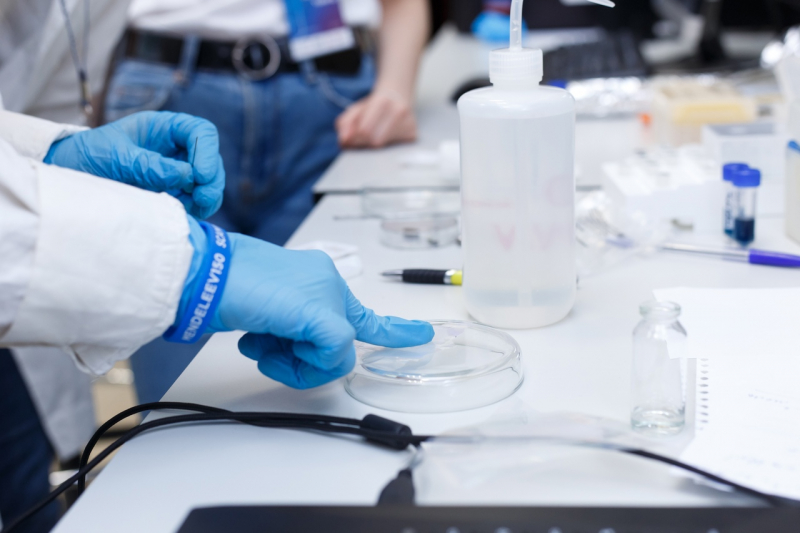
The future graduates
The program will train specialists who will work at research centers, universities and companies with large R&D departments. Therefore, students will learn to not only conduct experiments and process data, but also formulate research problems and tasks.
"Our program is aimed primarily at educating scientists, not administrative staff. We want our students to be able to set the direction for their research themselves and to understand the problems that science faces," emphasizes Aleksey Komissarov.
The organizers also note that many companies are now looking for specialists in genomics and bioinformatics. They need project leaders and researchers. Currently, there are not many specialists in Russia who can meet these requirements.
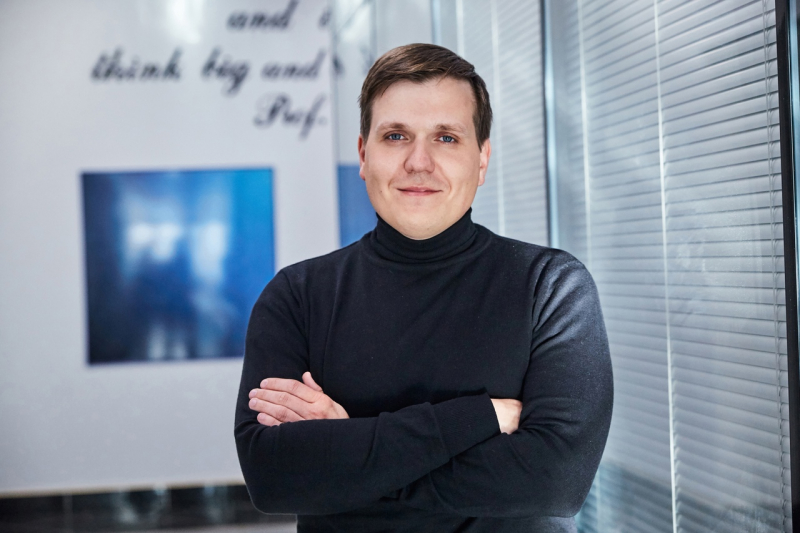
"Analyzing genomes, transcriptomes, proteomes, and their combinations is a field that is rapidly growing all over the world," says Vladimir Vinogradov, head of the SCAMT Institute, where students of the program will be trained. "Many are discussing the possibility to apply such results in healthcare and agriculture. We look much further, and we see that genomics can provide new technologies in production, engineering, searching for alternative energy sources, and much more. There are many prospects because there are multitudes of unique organisms whose genomes are still poorly studied or completely unknown. Scientists are trying to understand how certain features of these organisms can be scaled and applied in technologies that can benefit humanity."
Applied Genomics in ITMO’s structure
The new Master’s program is a joint initiative of the Faculty of Biotechnologies and SCAMT. Students will apply to the Faculty but their research projects will be conducted at the SCAMT research center.
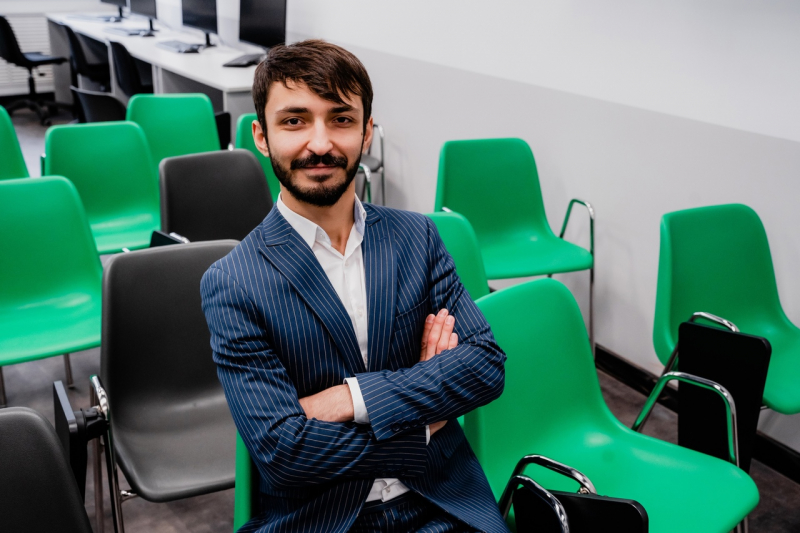
“The launch of this program is a part of our work towards broadening the scale of the new Faculty of Biotechnologies (BioTech). It is an interdisciplinary field that fits our tasks,” comments Mikhail Kurushkin, dean of ITMO’s BioTech. “At the same time, our students will be fully involved in the projects of the SCAMT Institute. Some PhD programs already use this practice, when students are officially affiliated at a faculty while their research projects are supervised by specialists from an international research center.”
